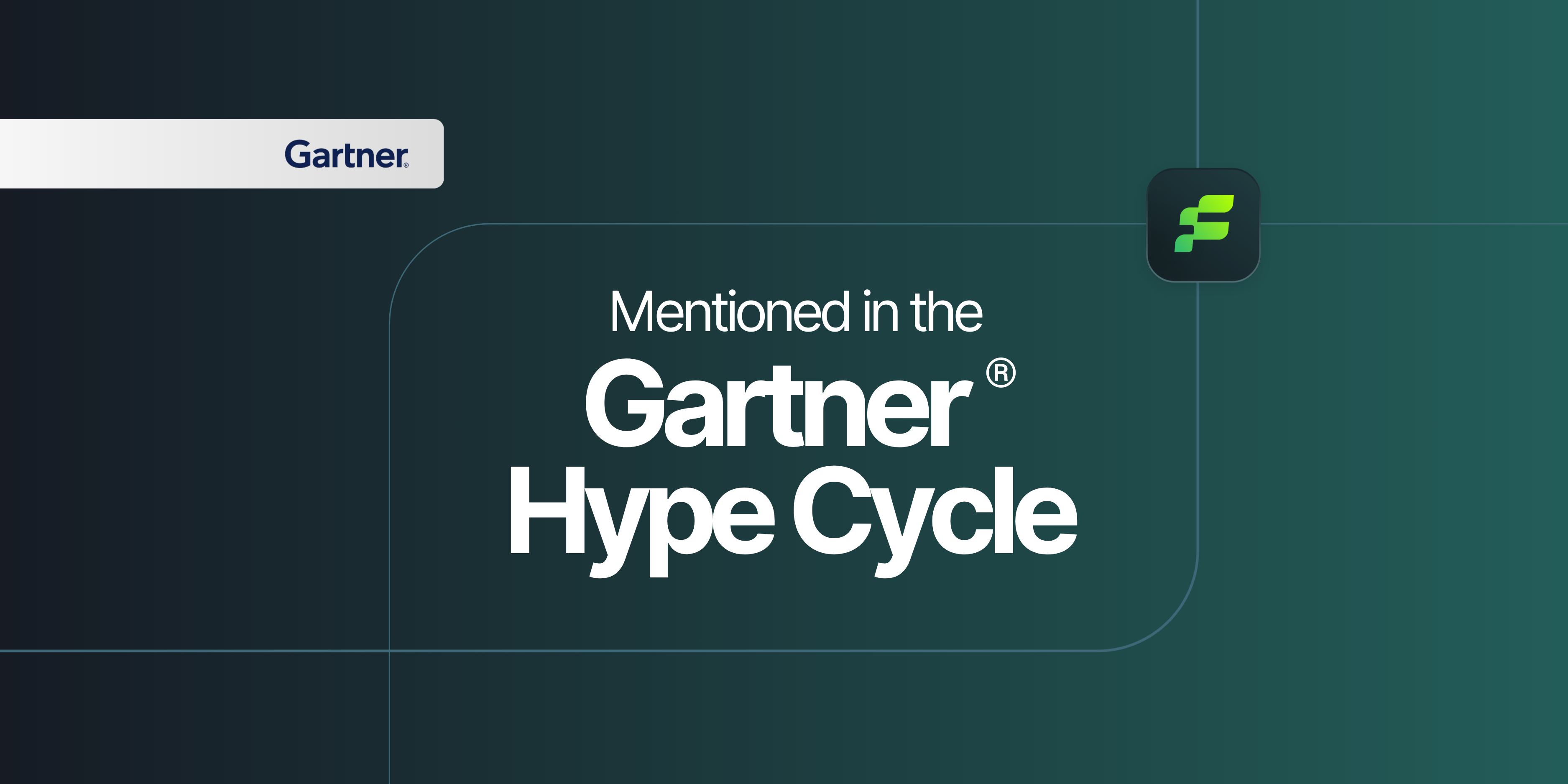For supply chain and sustainability leaders, the cost of poor emissions tracking goes far beyond regulatory penalties. Inadequate or inaccurate emissions tracking leads to cascading operational inefficiencies, brand damage, and financial losses, often undermining long-term sustainability strategies.
Let’s explore how poor emissions management can become a costly problem for logistics operations.
Regulatory Penalties and Compliance Risks
Governments and regulatory bodies across the globe are tightening emissions reporting requirements, particularly for Scope 3 emissions in logistics. For example, the European Union’s CSRD and the U.S. Securities and Exchange Commission’s proposed climate-related disclosures demand highly accurate emissions data from all sectors.
Failure to provide accurate, verifiable emissions reports can result in hefty fines, sanctions, and a loss of market access in regions with stringent environmental regulations.
Moreover, inaccurate reporting can lead to retroactive penalties, as regulators increasingly audit emissions reports to verify their accuracy.
Supply chain leaders must, therefore, adopt advanced LCAMS solutions like Rilco2 to ensure that emissions data is tracked meticulously and aligned with frameworks like the GLEC.
.png)
Reputation and Trust Erosion
Beyond compliance, stakeholders—including customers, investors, and even employees—expect companies to deliver on their sustainability promises.
A company that underreports or inaccurately tracks its emissions risks significant reputational damage, leading to a loss of consumer trust and potential backlash from sustainability-conscious stakeholders. In today’s market, where environmental responsibility is a major competitive differentiator, inaccurate emissions tracking can quickly become a public relations disaster.
Transparent and real-time emissions data not only helps avoid reputational risks but also builds trust with stakeholders by showcasing your commitment to sustainability.
.png)
Operational Inefficiencies
Poor emissions tracking often reflects broader inefficiencies in logistics operations. Without precise data, identifying inefficiencies such as suboptimal fuel usage, poorly planned routes, or underutilized transportation capacity becomes difficult.
This results in higher operational costs and increased emissions. Emissions tracking systems like Rilco2 allow for granular monitoring of fuel consumption, driver behavior, vehicle loads, and routes.
By integrating emissions data with operational metrics, companies can identify where emissions—and costs—can be reduced, leading to significant efficiency gains and cost savings.
.png)
Missed Competitive Advantages
Companies that embrace advanced emissions tracking often unlock significant strategic advantages, including access to new market opportunities, partnerships, and incentives for sustainable practices.
For instance, governments and private organizations are offering subsidies, tax incentives, and grants for companies that demonstrate leadership in reducing their carbon footprint.
Additionally, many eco-conscious brands prioritize suppliers that have transparent and verifiable emissions data, offering new business opportunities for companies that take emissions tracking seriously. Poor tracking means missing out on these opportunities and falling behind competitors who have invested in better tracking and reporting systems.
By leveraging real-time, AI-driven tools like Rilco2, logistics leaders can accurately monitor emissions, stay compliant, and avoid the hidden costs that poor tracking can bring.
.png)




.jpg)
.jpg)